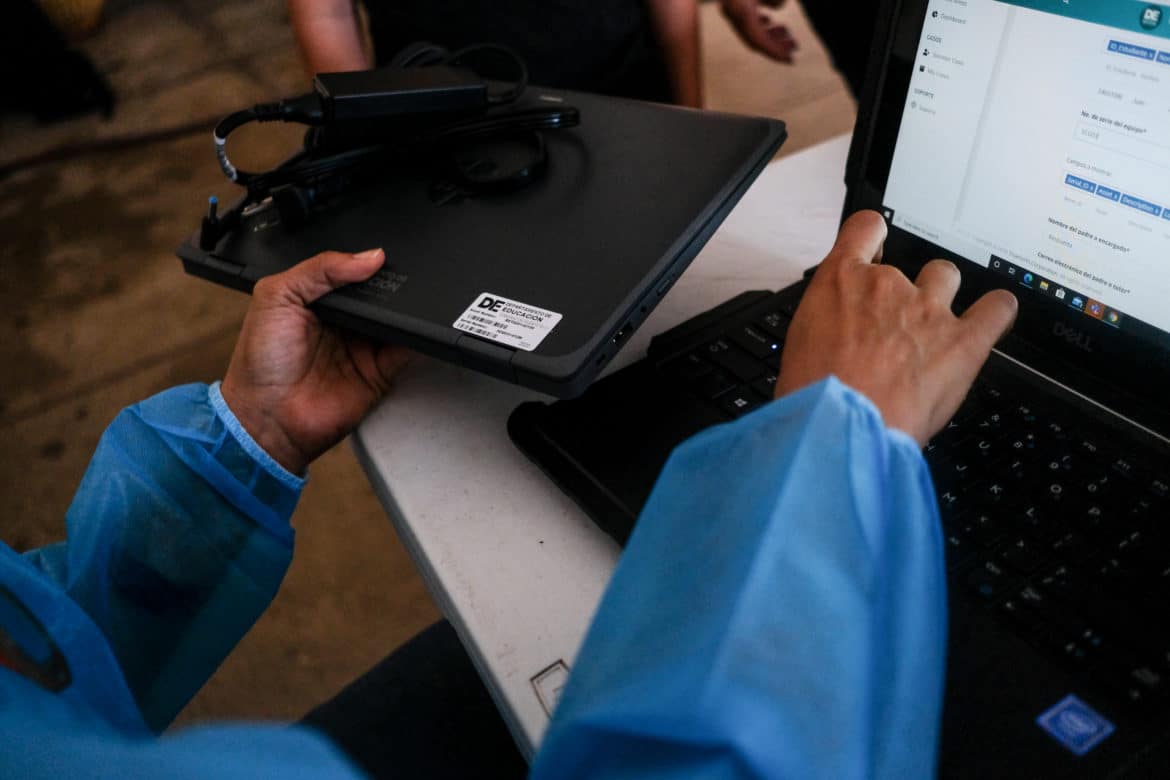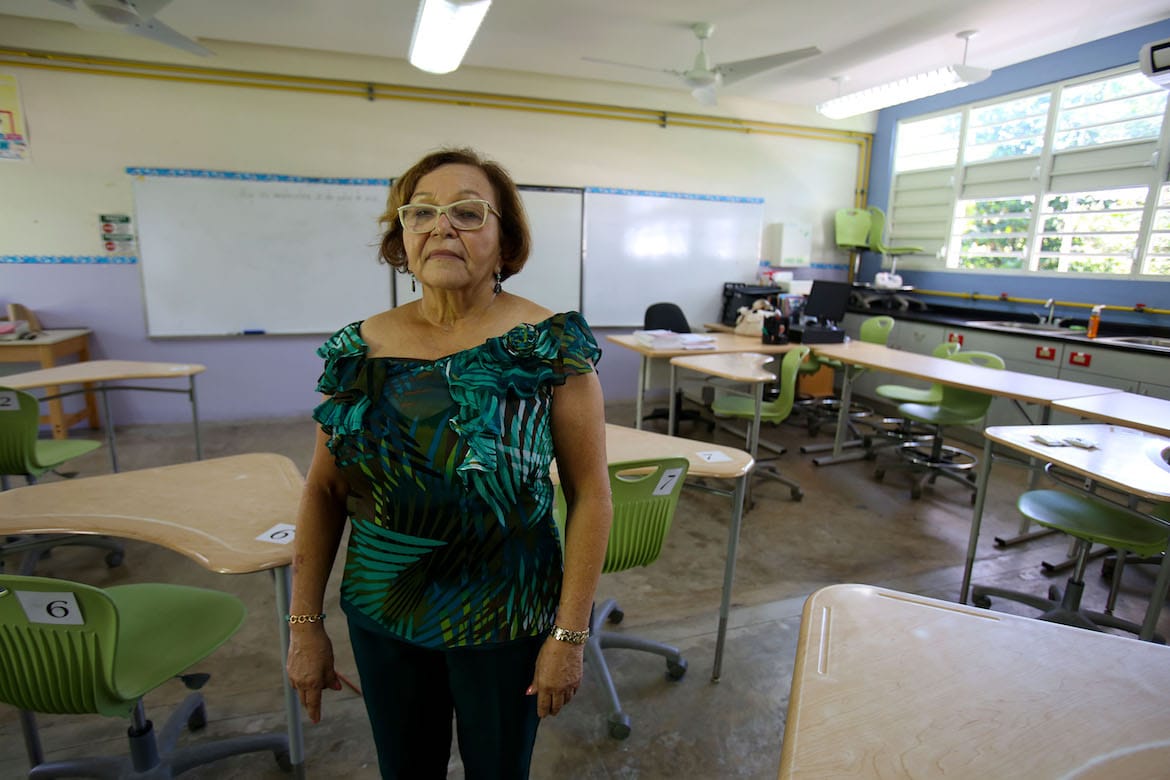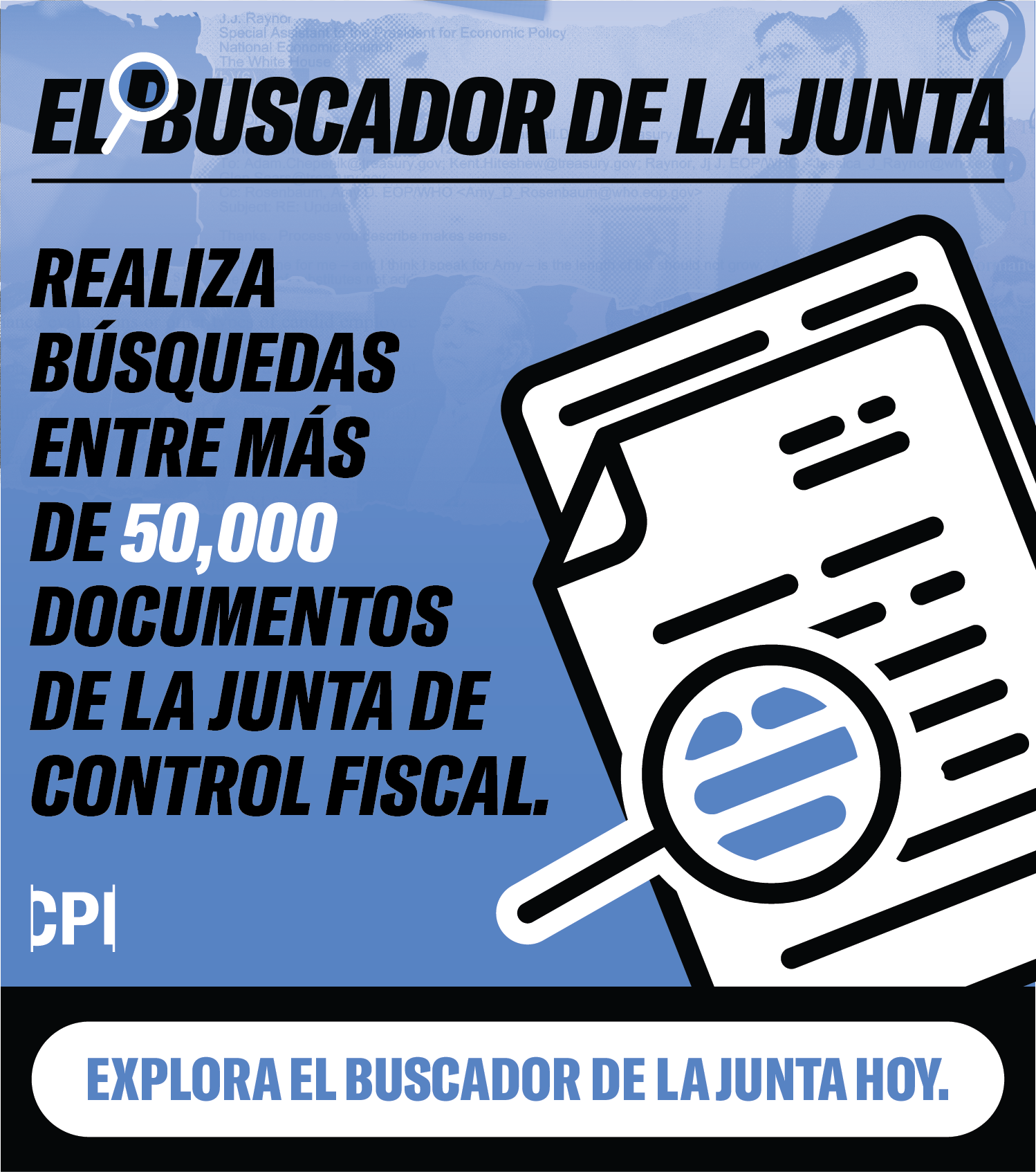Department of Education
Results of Tests for Academic Lag Still Not Applied To Change the Reality in the Classroom
|
Outside the Santiago Veve Calzada School, in Fajardo, a ninth-grade student walks with her mother. It is noon and the three schools that run on this campus on an “interlocking” model are changing shifts. The youngster took the Baseline diagnostic test, which seeks to measure the academic lag of students. When asked about the process, the youngster simply shakes her head, as if to say no. Her mother asks hers to speak up and describe her experience.








